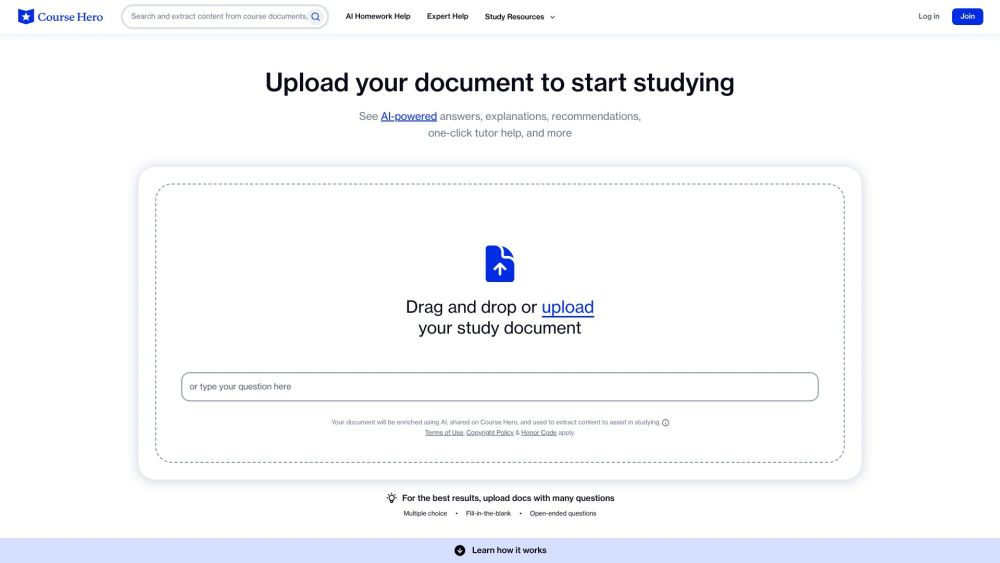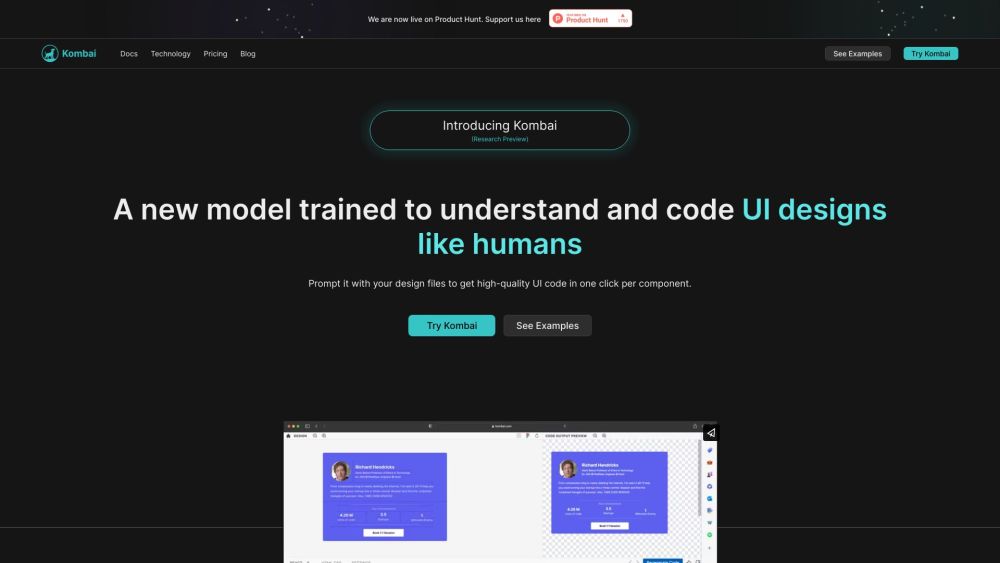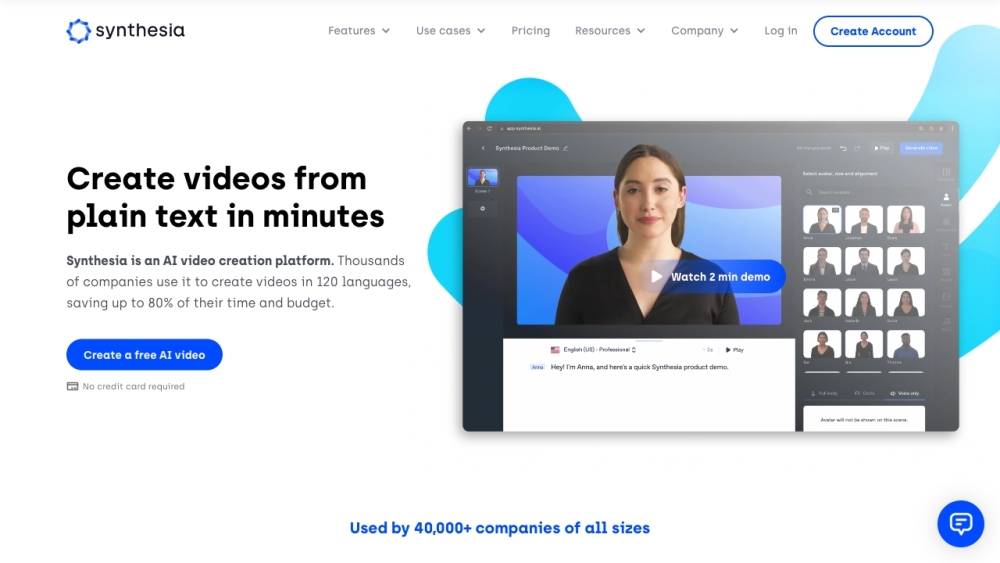Researchers at the Chinese Academy of Sciences have unveiled an innovative AI model, LLaMA-Omni, poised to revolutionize our interactions with digital assistants. This cutting-edge system facilitates real-time speech exchanges with large language models (LLMs), with implications for industries such as customer service and healthcare.
LLaMA-Omni is based on Meta’s open-source Llama 3.1 8B Instruct model, enabling it to process spoken instructions and generate text and speech responses simultaneously. With a latency of just 226 milliseconds, it closely matches the speed of human conversation.
“LLaMA-Omni supports low-latency, high-quality speech interactions, generating both text and speech responses based on voice commands,” the research team explained in their paper published on arXiv.
This breakthrough arrives at a pivotal moment for the AI industry. As major tech companies race to enhance their AI assistants with voice capabilities, LLaMA-Omni provides a reliable pathway for startups and researchers. Notably, this model can be trained in under three days using only four GPUs, significantly lessening the resource burden typical for such advanced systems.
“Most LLMs currently support only text-based interactions, limiting their utility in scenarios where direct voice input and output are preferable,” the researchers highlighted, emphasizing the increasing demand for voice-enabled AI across various sectors.
The potential business impact is profound. Customer service could undergo a significant transformation, with AI voice assistants handling complex inquiries in real-time. In healthcare, these systems could promote more natural patient communication and efficient dictation. Likewise, in education, voice-enabled AI tutors could deliver personalized instruction with remarkable responsiveness.
The financial implications of LLaMA-Omni are considerable, as this technology could level the playing field for startups in a landscape dominated by tech giants. Companies that can quickly develop and implement advanced voice AI systems may spark new waves of innovation and competition.
Investors are likely to be drawn to firms utilizing this technology, as it holds the potential to drastically reduce both costs and time needed to develop voice-enabled AI products. This shift could give rise to an influx of AI-centric startups and potentially disrupt established enterprises that have heavily invested in proprietary voice AI systems.
Nevertheless, challenges persist. Currently, the model is limited to English and utilizes synthesized speech, which may not yet rival the natural quality found in top commercial systems. Privacy is another concern, given that voice interaction technology typically requires the processing of sensitive audio data.
Despite these limitations, LLaMA-Omni marks a significant advancement toward more intuitive voice interfaces for AI assistants and chatbots. With the model and code being open-sourced, rapid advancements and improvements from the global AI community are anticipated.
The race for voice-enabled AI is intensifying. With giants like Apple, Google, and Amazon already entrenched in voice technology, LLaMA-Omni’s efficient architecture could empower small players and researchers to compete effectively.
This development signifies more than just a technological leap; it heralds a shift toward more inclusive and accessible AI technology. By lowering barriers for developing sophisticated voice AI systems, LLaMA-Omni could lead to a broader range of applications tailored to various industries, languages, and cultural contexts.
For businesses and investors, the message is unambiguous: the era of truly conversational AI is on the horizon. Companies that successfully integrate this technology into their offerings stand to gain a significant competitive edge. Furthermore, this evolution could transform entire sectors—from customer service and healthcare to education and entertainment—making voice the primary interface for human-AI interactions.
As we approach this voice AI revolution, one certainty remains: our interactions with technology are set to change dramatically, with LLaMA-Omni potentially marking a pivotal milestone in this journey.




